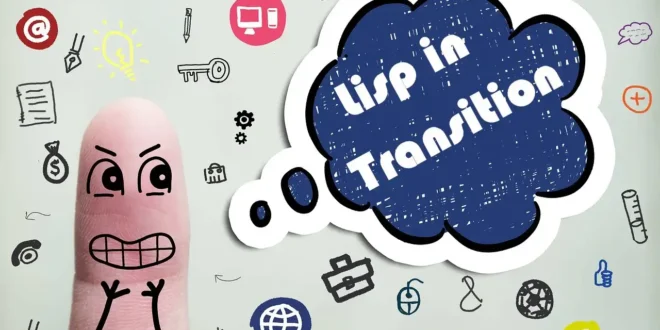Speech is a powerful tool for communication, but what happens when our speech is temporarily altered? Temporary speech alterations, like a lisp, can occur due to various factors, including dental work, orthodontic treatments, or even as a result of injury.
One instance where temporary speech alterations may arise is following tooth replacement procedures. In places like Anchorage, dentists are well-acquainted with this phenomenon. After tooth replacement, the mouth needs time to adjust to the new structure leading to a potential lisp.
However, these changes are typically temporary. The tongue, a highly adaptive muscle, will soon relearn how to navigate the altered oral landscape, and speech patterns return to normal. It’s important during this transition to practice speech exercises and remain patient with the process.
While these alterations might be frustrating or challenging to navigate at first, there are effective strategies that can help individuals cope and maintain their confidence during this transition. In this blog post, we will explore the phenomenon of temporary speech alteration and provide insights into managing and adapting to a lisp.
I. Understanding the Lisp
A lisp is a speech disorder characterized by the misarticulation of certain sounds, particularly “s” and “z.” It can be caused by a variety of factors, including tongue placement, dental structure, or muscle coordination. When faced with a lisp, individuals may feel self-conscious, or experience difficulties being fully understood by others. However, it is important to remember that a lisp is a temporary state that can be improved with time and appropriate interventions.
II. Seeking Professional Guidance
If you find yourself experiencing a lisp, seeking professional guidance from a speech-language pathologist (SLP) or dentist can greatly assist in managing and transitioning through this speech alteration.
These professionals can identify the underlying causes of your lisp and develop a personalized treatment plan tailored to your specific needs. Working with a professional not only provides valuable guidance but also instills confidence in your ability to overcome temporary speech challenges.
III. Building Confidence
Coping with a temporary speech alteration requires building confidence in your abilities. Remember that speech alterations do not define your worth or intelligence.
Embracing a positive mindset and practicing self-acceptance can help alleviate anxiety and make the transition smoother.
Engage in activities that boost your self-esteem and focus on your strengths rather than dwelling on temporary speech alteration.
IV. Communication Strategies
While working towards improving your speech clarity, there are several communication strategies that can be employed to navigate social interactions with confidence. These include:
- Slowing down: Take your time when speaking, emphasizing each sound and allowing yourself to articulate more clearly.
- Explaining your situation: Informing others about your temporary speech alteration can foster understanding and patience during conversations.
- Non-verbal cues: Utilize non-verbal cues, such as gestures or facial expressions, to enhance communication and convey your message effectively.
- Practicing at home: Regularly practicing speech exercises and techniques recommended by your SLP can help improve your speech clarity and build confidence.
Experiencing a temporary speech alteration, such as a lisp, can be challenging, but it’s important to remember that it is just a transitional phase.
Seeking professional guidance, building confidence, and employing effective communication strategies are key to navigating this period with grace and maintaining positive social interactions.
Remember, you are not alone in this journey, and with time and effort, you will overcome any temporary speech alteration and regain your natural speech clarity.
 SlushWeb Bringing Facts to Light
SlushWeb Bringing Facts to Light



